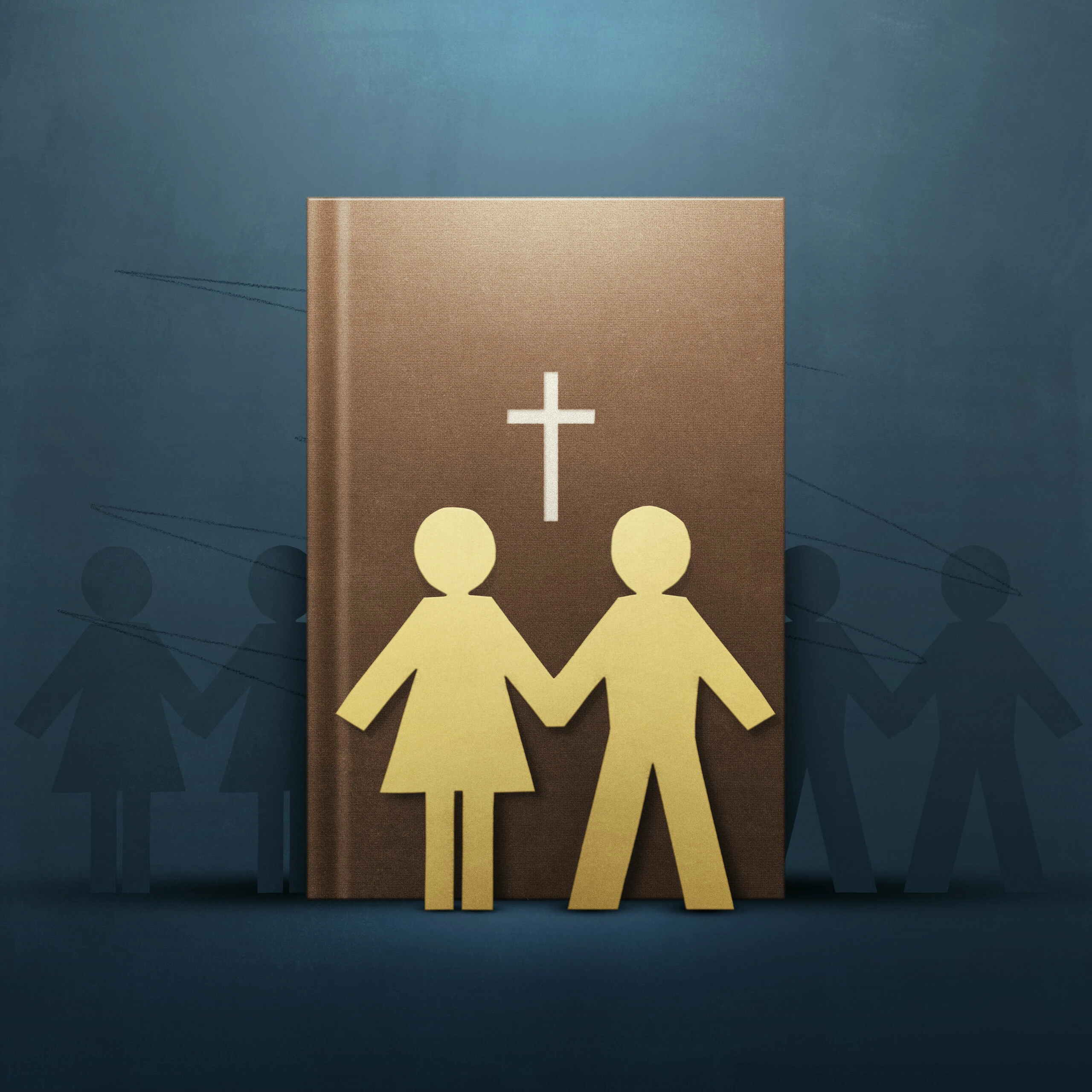What Does the Bible Say About Polygamy?

There are some practices in the Old Testament that critics of the morality of the Bible regularly point out. One of them is polygamy. That polygamy was practiced in the Old Testament period is obvious. It begins in Genesis 4:19: “Lamech took two wives.” Later, Abram was married to Sarai, but Sarai “took Hagar the Egyptian, her servant, and gave her to Abram her husband as a wife” (Gen. 16:3). Jacob had four wives—two official wives and two servants who functioned as surrogate wives for the purpose of producing children for the two official wives (Gen. 29–30). However, the practice of polygamy was not limited to the patriarchal period. Other prominent men during the time of Israel were polygamous, including David and, most spectacularly, Solomon (1 Kings 11:3). Polygamy was not uncommon in the ancient Near East, though its practice was limited by the ability of the man to provide for the large family that would ensue from having many wives. In the case of kings, these marriages were often political in nature, essentially ensuring the stability of relations between kingdoms. The practice in Israel reflected the practice found in much of the ancient world.
These facts raise several questions. First, does the Old Testament approve of polygamy? While various men mentioned in the Old Testament practiced polygamy, polygamy does not appear to have been commonly practiced by ancient Israelites, or in the ancient world in general. Most men couldn’t afford the cost. For example, it may be that the other redeemer mentioned in Ruth 4 was affected in his decision by the strain the marriage to Ruth would put on his resources (one possible way of reading Ruth 4:6). Polygamy was a practice reserved for what we might call the “one percent.” While the Old Testament records these examples of polygamy, it never indicates approval of the practice.
What sins endemic to our age are we tolerating in the church?
Second, are there regulations or principles given in the Bible that speak to the wrongness of the practice of polygamy? First, the initial example of polygamy in the Old Testament, Lamech, appears in the line of Cain and, given Lamech’s violent poem, is not connected with someone of a high moral character. Second, the creation of Eve for Adam sets the principle of one woman for one man as the ideal for marriage. This is the principle that Jesus drew on when faced with the question of divorce (Matt. 19:3–6). Third, all examples of polygamous marriages in the Old Testament display a great deal of conflict in the marriage. We see this in Genesis 29–30 with the competition between Leah and Rachel for Jacob’s affection. The introduction of Bilhah and Zilpah to produce additional children for Jacob carries on the conflict between Rachel and Leah. Fourth, in Elkanah’s marriage (1 Sam. 1), Peninnah is referred to as Hannah’s rival (1 Sam. 1:6). The word translated “rival” comes from a verbal root meaning “to act as enemy.” Finally, Leviticus 18:18 says, “And you shall not take a woman as a rival wife to her sister, uncovering her nakedness while her sister is still alive.” At the literal level, this indicates that a man may not do as Jacob did by marrying a woman and her sister. However, the word “sister” may be used figuratively for another woman who is not necessarily biologically related.
When we come to the New Testament, the underlying assumptions throughout are that marriage is to be monogamous. In Paul’s treatment of marriage in 1 Corinthians 7, monogamy is assumed. The regulations for church officers in 1 Timothy 3 and Titus 1 specify that elders must be “the husband of one wife.” There is no indication in the New Testament that polygamy would be considered acceptable in the church.
The final question is, Why does the Bible, particularly the Old Testament, not explicitly condemn the practice of polygamy? Or, asking the question another way, Why does God tolerate polygamy in the Old Testament period? Ultimately, we don’t know for certain. But it appears that God did tolerate particular sins among His people that were endemic to the culture surrounding Israel. The same may be said regarding slavery. However, the fact that God did not immediately strike down Jacob, or David, or Solomon for their polygamy is not excuse for following in their footsteps. The principles of monogamous marriage are clear, even in the Old Testament. But it should cause us to ask ourselves the question, What sins endemic to our age are we tolerating in the church? What are the sins that God is being patient with in our own lives? Let us put them aside sooner rather than later.


